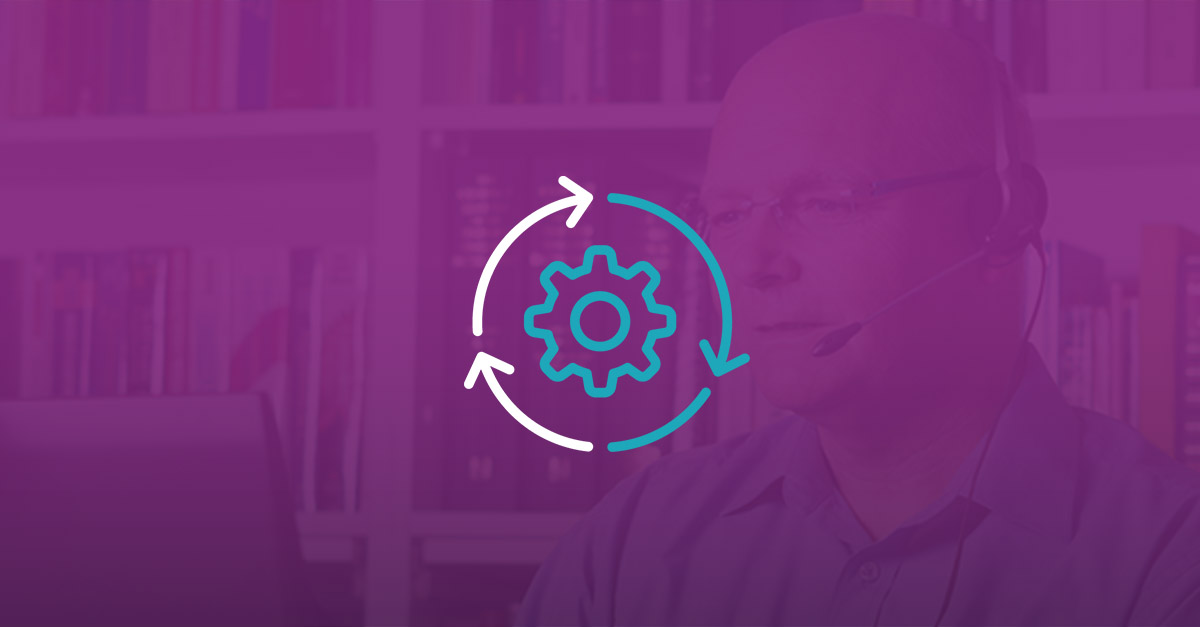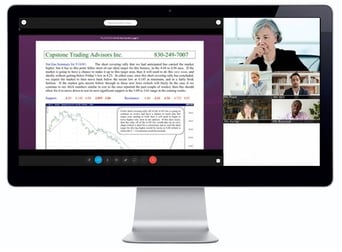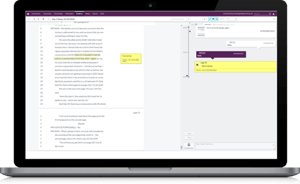4 key responsibilities of a Virtual Hearing Manager
 Ruxandra Mindruta
Ruxandra Mindruta

In the current climate, technology is enabling judicial proceedings to be conducted remotely via virtual hearings. There are many moving parts to a virtual hearing, which can add to the challenge of ensuring the smooth running of proceedings.
At Opus 2, our Remote Access solutions have enabled participants to follow hearings in real time, from anywhere in the world, for over a decade. Whilst the concept of fully virtual hearings may feel very new to many lawyers, with Opus 2 it’s a shorter leap.
Our highly experienced Virtual Hearing Managers combine our expertise in technology and knowledge of legal proceedings to ensure the smooth running of your virtual hearing.
In this blog post, we will be covering the key responsibilities of a Virtual Hearing Manager and the benefits of having their support throughout the planning process, as well as during the virtual hearing.
1. Gathering key information about all participants
The first responsibility of the Opus 2 Virtual Hearing Manager (VHM) is working with the Opus 2 Case Manager to gather relevant information about the participants who will be attending the virtual hearing, including their role in the virtual hearing and their technical requirements.
This initial assessment will inform the next planning, operational and testing steps, ensuring that each participant has the appropriate equipment and setup for the virtual hearing.
For active participants (i.e. key speakers) we can also provide hardware packs comprising of a headset/microphone, camera and an additional screen.
2. Setting up and testing the equipment
Once the active participants have received their hardware, the VHM’s next priority is supporting participants to set up and test the technology, with the assistance of Opus 2’s experienced technical team.
During the tests the VHM will focus on:
- ensuring the audio and video capture is top quality;
- making sure all participants have sufficient bandwidth connectivity;
- communicating with all participants to ensure they are comfortable using the video/audio conferencing technology alongside the Opus 2 platform; and
- optimising each participant’s screen configuration.
The week before the hearing the Virtual Hearing Manager will also arrange a final all-parties test.
3. Providing consultation and best practice advice
A key benefit of working with a VHM is access to highly specialised support. They are available for 1-2-1 consultations with active participants to demonstrate how the technology works, discuss screen configuration and talk through any queries.
4. Ensuring the virtual hearing goes smoothly
All participants will be provided with a link to access the video conference securely.

On the morning of the hearing, the VHM will validate participants upon arrival to ensure there are no unauthorised attendees.
Once all participants are present, the VHM will complete a roll call before locking the call and introducing the start of the hearing.
Throughout the hearing, the Virtual Hearing Manager will remain on the call, monitoring the entire service including the Realtime transcript and evidence display, ensuring that the video/audio feeds are stable, and offering live assistance if any issues occur.
In litigation, where a livestream of the proceedings is also required to facilitate open access to justice, the VHM will also coordinate the livestream.
Ultimately, the Opus 2 Virtual Hearing Manager acts as an essential, neutral point of contact and support for everyone involved in the hearing, taking the hassle away and allowing participants to focus on the proceedings.
To learn more about how we can help you deliver seamless virtual hearings, download our guide or get in touch with our expert team.

Subscribe to our insights
Receive our quarterly email newsletter with the latest news, events, and industry insights from Opus 2.
Complete the form to sign up
By clicking 'Submit' you agree to opt-in to receive Opus 2 Insight quarterly newsletter, and for Opus 2 to process your data as outlined in our Privacy Policy.
